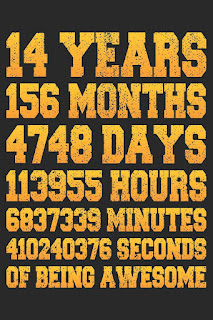VR Hackathon MINI - bringing Immersive Technologies to Students
This past weekend was the first VR Hackathon MINI. The VR Hackathon is a community driven weekend long event focused on bringing together the brightest minds interested in virtual reality and related technologies to develop innovative hardware and software solutions, have fun, and build out the future of immersive technology.
 The VR Hackathon MINI is a one day hackathon for grade school students and this first one featured students from grades 5th - 8th. While the event suggested tools like Minecraft, Playingmondo, and Unity3D, students had the choice to work with whatever development tools they wanted.
The VR Hackathon MINI is a one day hackathon for grade school students and this first one featured students from grades 5th - 8th. While the event suggested tools like Minecraft, Playingmondo, and Unity3D, students had the choice to work with whatever development tools they wanted.MINI was organized by Marianne Malmstrom (XP Galaxy) and Rurik Nackerud (XP Galaxy) with help from Mark Tronicke (Bergen Makerspace), me, and the folks from the Web3D Consortium. Participating sponsors and organizations included Autodesk, Playingmondo, and Futuristas, a group that focuses on getting more young girls into STEM programs. Students came from the following schools in the New Jersey area, Elisabeth Morrow Middle School, UN International School, Suffern Middle School, and William Annin Middle School.
Winners
Best Physical World - BR Hackers
Best to Community - 1st place Midnight Ninjas, 2nd place EMS Hackathoners
Best for School - 1st place Polystudios, 2nd place Wolf spirit
Best Up and Coming - Ralream
Best Team of 1- Lonely Me
Futuristas Challenge - Wolf spirit
Check out this great writeup from organizer and educator Marianne Malmstrom. A big thanks to Steven Isaacs, Peggy Sheehy, Donelle Batty, and all the other teachers and parents that helped make this a great first MINI event!



Comments